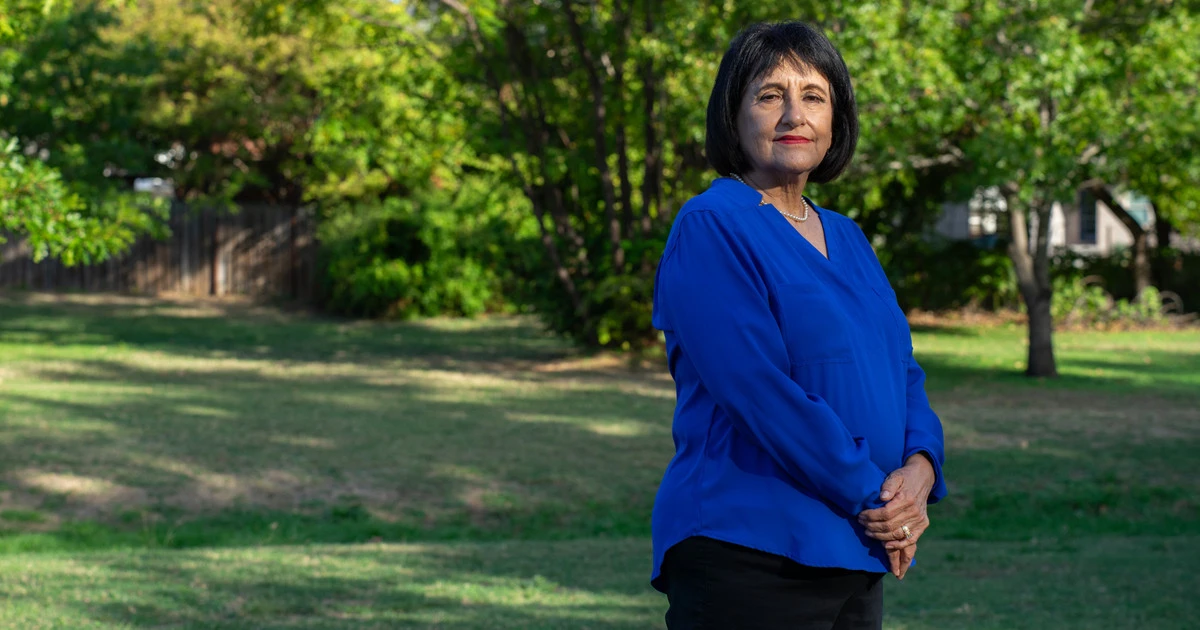The GOP’s Secret to Protecting Gerrymandered Electoral Maps? Claim Privilege.
The GOP’s Secret to Protecting Gerrymandered Electoral Maps? Claim Privilege.

www.propublica.org
The GOP’s Secret to Protecting Gerrymandered Electoral Maps? Claim Privilege.

Through new and expansive assertions of privilege, Republican legislatures around the country are shielding their work on allegedly discriminatory voting maps to prevent the public from finding out how and why they made their decisions.

Gerrymandering is a huge problem, but it's only part of the problem. Thanks to the Reapportionment Act of 1929 capping the number of US representatives at 435, votes have become weaker and weaker as the population grows. Moreso in densely populated states, obviously.
So you have Wyoming with a single US Representative whose constituents effectively have more say in national policy than any other citizens.
We must re-reapportion the House. This could reduce gerrymander cheating, and may even make additional parties viable. Our votes should carry equal weight.
I've long thought that instead of having representatives count their votes in Congress, Congress should be restructured thusly:
Instead of each representative having one vote, each representative instead is simply considered to be giving the proxy vote of everyone who voted for them. So if the representative is elected with 230,000 votes, then when that representative votes for something, it counts for 230,000 votes.
Then, any candidate who gets at least X amount of votes (X may be a flat number, or perhaps it's a percentage) is seated. This would mean that even those not in the majority in a particular area still get a voice (as long as they're not in an extreme minority). You could have several candidates, from the same place, voting together or against each other depending on the issue, and the weight of their votes would be directly determined by the number of actual people who voted for them, rather than simply because they represent a geographical area.
I've been thinking of a system like this for a while, only instead of elections, people can change their vote at any time, and instead of a set number of representatives, you can delegate your vote to whoever (who can then delegate their votes until someone is actually casting them).
Reasoning being many people aren't that interested in spending time getting to understand what's going on in politics, but some enjoy delving into that. If you know and trust someone like that and support similar ideals, then let them proxy your vote or find someone they trust to do so.
Then have votes set in advance so if there's some issue that is important to you, then you can change your vote in time if you disagree with your delegate by either picking a new delegate or voting directly.
I'd also combine that with law trials, both in time and space. Ie, when a new law is created, it's set for n years over y area and both the area it is and isn't in effect and studied for direct and indirect effects, and from there it can be decided if the law should be applied to more areas, tweaked a little, overhauled majorly, or scrapped entirely.